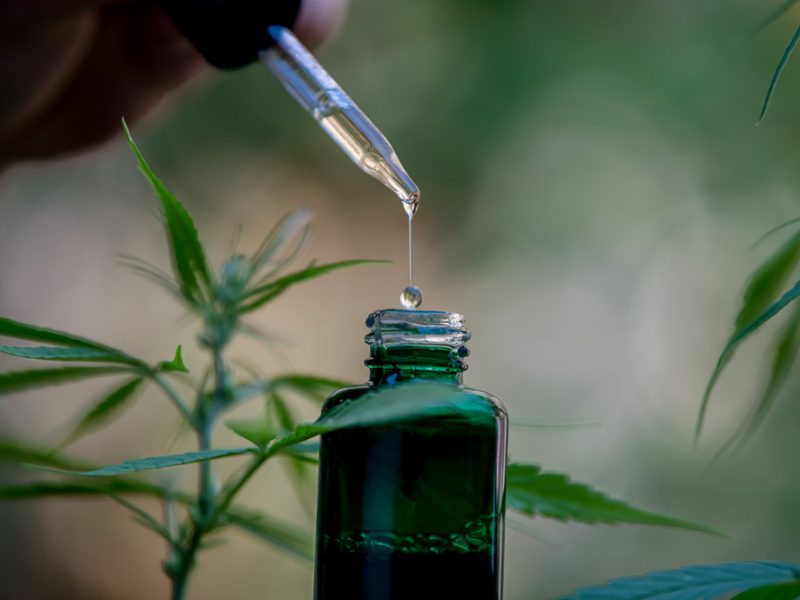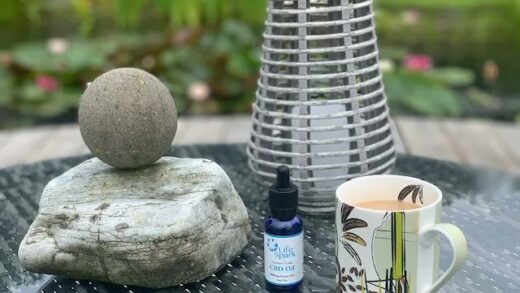In this wonderful world you can find me massaging Cannabidiol Oil (CBD) into my muscles to relieve pain, applying it to my skin to relieve inflammation, and putting a few drops under my tongue on a daily basis to relieve stress. To tell you the truth, until recently I didn’t know the difference between Hemp oil aka hemp oil and Cannabidiol aka CBD oil, but there is a big difference between the two.
As the amount of cannabidiol cbd products is growing, it is difficult to choose and understand the vocabulary used in each one. What I am getting at is that all these products being marketed under the term “hemp” are not the same thing. Truth be told, most of the time you will see the hemp plant being used on a label, but the ingredient used is not the same.
And there are several ingredients that can come from hemp plants, from hemp oil to cannabidiol or CBD oil and tetracanabidiol or Thc oil , each with their own unique benefits, though they are often used incorrectly. To remove the doubt I sought advice from the professionals and explained it all here.
Cannabidiol Oil or CBD Oil
CBD is short for the term Cannabidiol, which refers to one component of the many others in the hemp plant that comes with the much-talked about anti-inflammatory benefits, and you can find CBD-based products for skin care (ointments and sprays), high-vibe tinctures (Medicinal Oil) and even for vaporizing (CBD eliquid). CBD can be extracted from the leaves, flowers and stems of the hemp plant.
“Cannabidiol – known as CBD – is one of more than one hundred active compounds or cannabinoids found exclusively in the hemp plant”
“CBD acts as an analgesic and anti-inflammatory, which reduces pain and inflammation. It has been used for centuries to provide relief from muscle pain, arthritis, joint pain, neuropathic conditions, headaches, and skin conditions such as eczema, psoriasis, rosacea, even sunburn and insect bites when used superficially. “
When ingested, cbd oil retains its anti-inflammatory powers, and provides relief from anxiety and promotes a calm sense of well-being, studies say. You will see the following terms on product labels: CBD, hemp CBD, and phytocannabinoid-rich hemp oil.

Hemp oil
Hemp seed oil, on the other hand, is similar to many other oils – such as sunflower seed oil and jojoba oil – in that it is a cold-pressed extract of the seeds of the hemp plant. “Hemp seed oil, sometimes called hemp sativa seed oil, is a very good seed oil that is rich in antioxidants, omega-3 and -6 fatty acids, but does not contain CBD.”
“Hemp seed or hemp sativa has been available in health food stores for decades and abundantly present in smoothies and skincare in Europe and the United States. So that means it has absolutely no cannabinoids – no CBD, THC or CBN. “It is known as a superfood and has great nutritional value.”
. “In terms of skin care, hemp seed oil is known as a powerful moisturizer and skin softener that does not clog pores or contribute to oily skin – it has a comedogenic rating of zero.”
On the product label it will appear as hemp seed oil, hemp seed oil, virgin hemp oil, and hemp oil.
For further information about CBD oil, visit Natural health woman to learn more.










